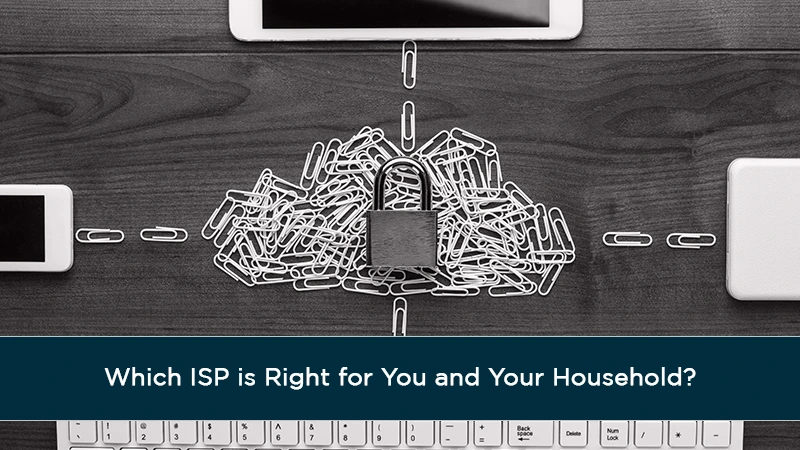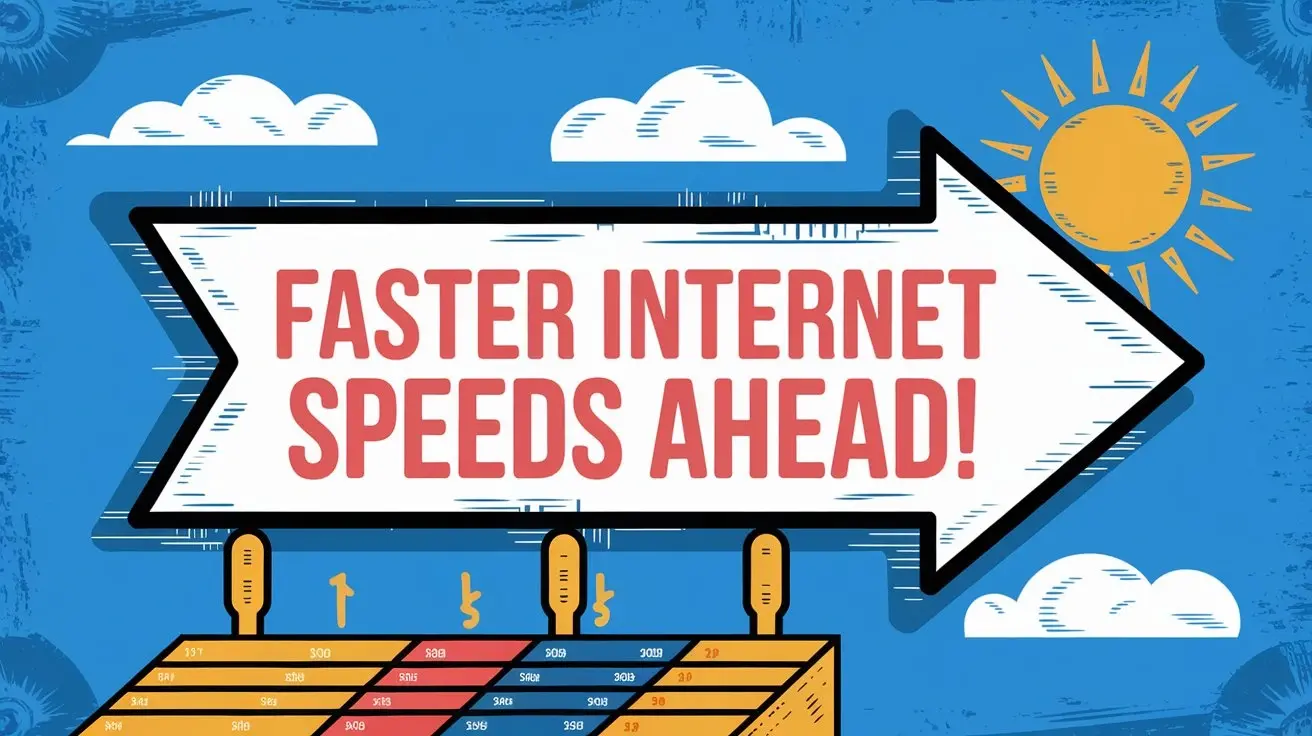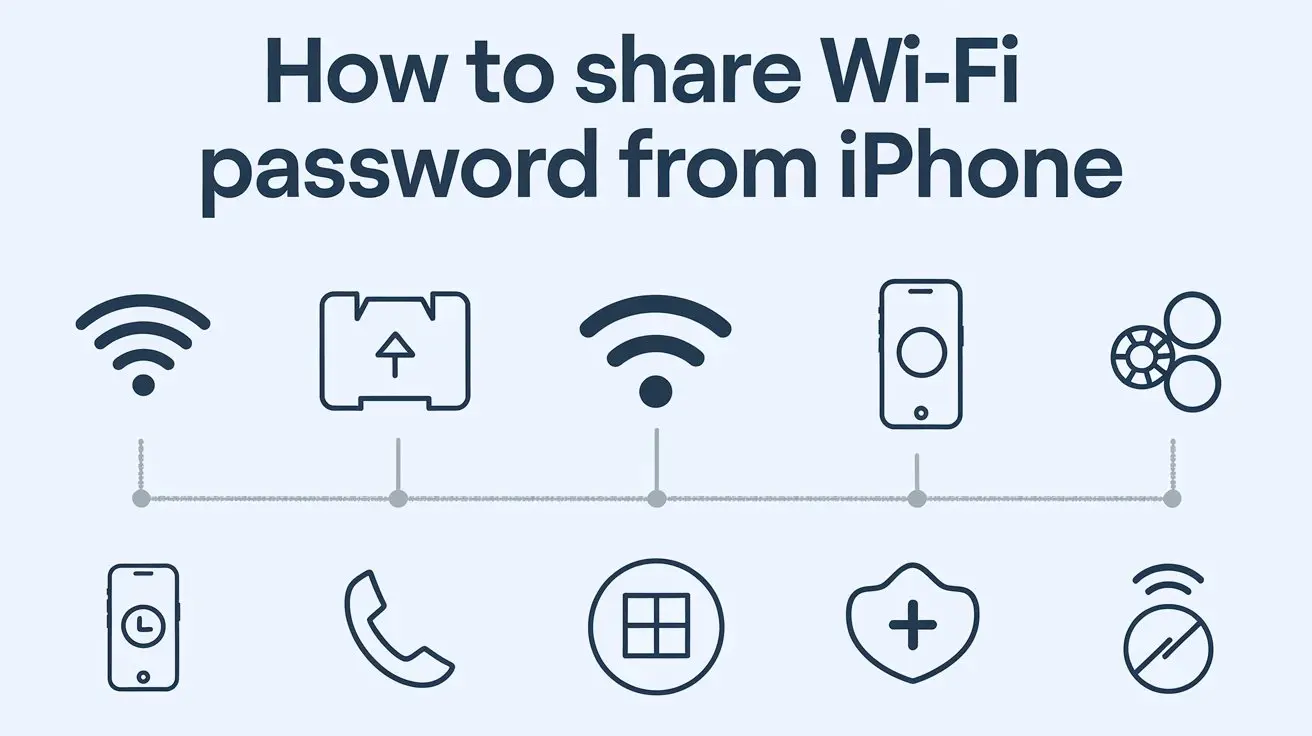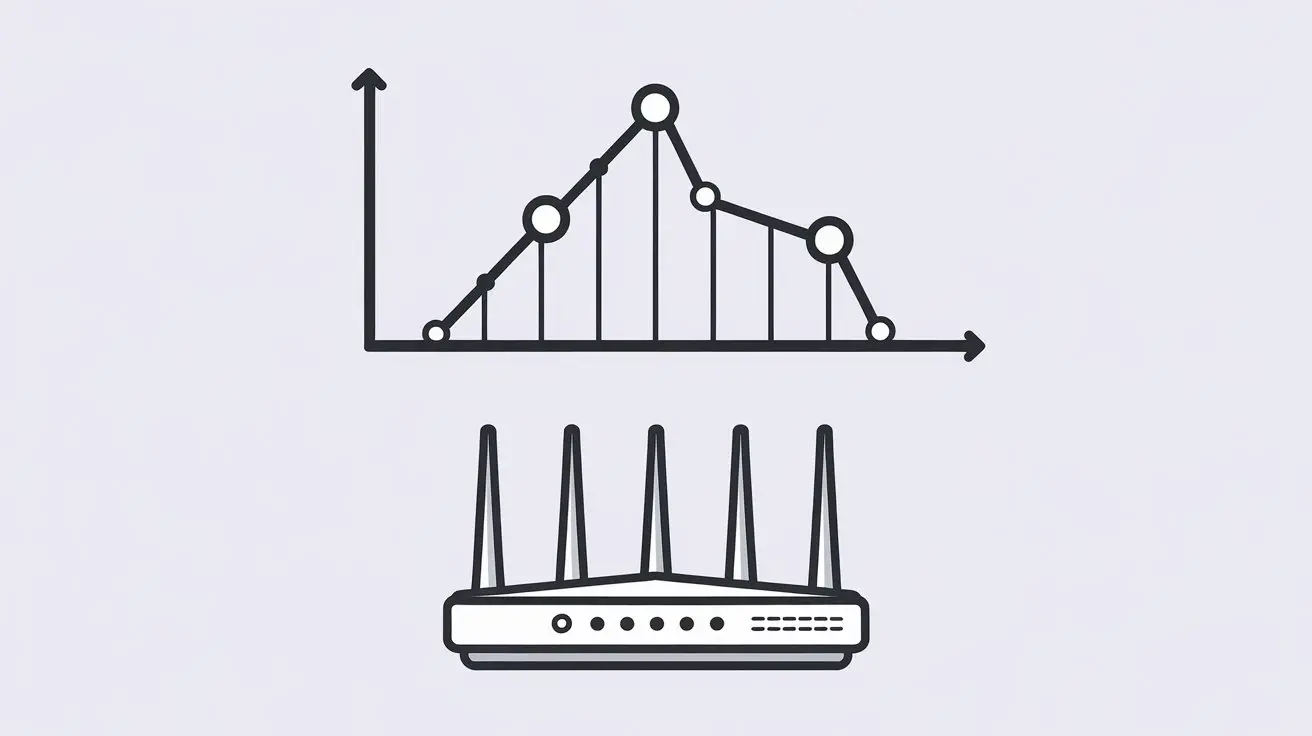
When it comes to choosing an Internet Service Provider (ISP) for your home, there are a lot of factors to consider. From speed and reliability to cost and customer service, you want to make sure you’re getting the best deal for your needs. With so many options available, it can be difficult to know which ISP is right for you and your household. In this article, we’ll explore the different types of ISPs available and provide tips on how to choose the one that’s best for you.
How many Types of ISPs?
1. Cable ISPs:
Cable ISPs use coaxial cables to deliver internet access. They are typically the fastest and most reliable type of ISP, but they can also be more expensive than other options.
2. DSL ISPs:
DSL (Digital Subscriber Line) ISPs use telephone lines to provide internet access. They tend to be slower than cable, but they are usually cheaper and more widely available in rural areas.
3. Fiber Optic ISPs:
Fiber optic ISPs use fiber-optic cables to deliver internet access. They are the fastest type of ISP available, but they can also be more expensive than other options and may not be available in all areas.
4. Satellite ISPs:
Satellite ISPs use satellites to provide internet access, making them ideal for rural areas where other types of service may not be available. However, satellite connections tend to be slower and less reliable than other types of service, and they can also be more expensive.
When it comes to choosing an Internet Service Provider (ISP) for your household, there are a few different types of ISPs to consider. The most common type of ISP is the cable provider, which uses coaxial cables to deliver internet service. Cable providers typically offer higher speeds than other types of ISPs, making them ideal for households that need faster download and upload speeds.
Factors to Consider When Choosing an ISP
When it comes to choosing an Internet Service Provider (ISP) for your home, there are a few factors to consider. The most important factor is the type of connection you need. Do you need a basic connection for casual web browsing and streaming? Or do you require a faster connection with more bandwidth for gaming or video conferencing?
The next factor to consider is cost. Different ISPs offer different packages with varying speeds and prices. You’ll want to compare the cost of each package to make sure you’re getting the best deal for your needs.
Finally, you’ll want to consider customer service. Different ISPs have different levels of customer service, so it’s important to read reviews and ask around to get an idea of which ISP has the best customer service.
Tips for Choosing the Right ISP
When it comes to choosing an Internet Service Provider for your home, there are a few tips that can help you make the right decision. First, make sure you understand the type of connection you need and the speeds offered by each provider. This will help you narrow down your choices and ensure you’re getting the best deal for your needs.
Next, compare the cost of each package and read reviews to get an idea of the customer service offered by each ISP. Finally, make sure you understand any contracts or commitments you’ll need to make before signing up with an ISP.
Cost Comparison of Different ISPs
When it comes to choosing an internet service provider (ISP) for your household, the cost is often a major factor in the decision-making process. Different ISPs offer different packages and prices, so it’s important to compare the costs of each before making a final decision.
One way to compare ISP costs is by looking at the monthly fees associated with each plan. Some ISPs may offer lower monthly fees but require a longer commitment or contract. Other ISPs may offer higher monthly fees but no long-term commitments. It’s important to compare the total cost of each plan before making a decision.
Benefits of Having a Reliable ISP
Having a reliable Internet Service Provider (ISP) is essential for households that rely on the internet for communication, entertainment, and work. A reliable ISP can provide fast speeds, low latency, and consistent service. This ensures that everyone in the household can access the internet without interruption or frustration.
One of the biggest benefits of having a reliable ISP is faster download and upload speeds. With faster speeds, you can stream movies and TV shows without buffering, download large files quickly, and enjoy lag-free gaming. Additionally, a reliable ISP can provide better security for your home network. This helps protect your data from hackers and other malicious actors.
In conclusion, choosing the right ISP for your household is an important decision that requires careful consideration of factors such as connection type, cost, customer service, and reliability. By comparing the costs of different packages and reading reviews, you can make an informed decision that best suits your needs.
Setting Up Your New Service
Setting up your new internet service provider (ISP) can be a daunting task, but it doesn't have to be. With the right research and preparation, you can get your new ISP up and running in no time. it is important to understand your internet needs before you start shopping around for an ISP.
Consider the type of activities you will be doing online, such as streaming video or gaming, and how much data you will need. This will help you determine which type of service and package is right for you.
Once you have a better understanding of your needs, it's time to start evaluating different ISPs. Get CablePapa for choosing the best internet service providers near you.
Conclusion
We have now reached the end of this list, and it is time to find an ISP that will best suit your household.
We hope that with this guide, you can get a better understanding of what kinds of internet connections are out there for the different types of households.
If you would like to learn more about the different options available on the market, or if you need help finding one that would work well for your household, please contact our team at (855) 210-8090.






